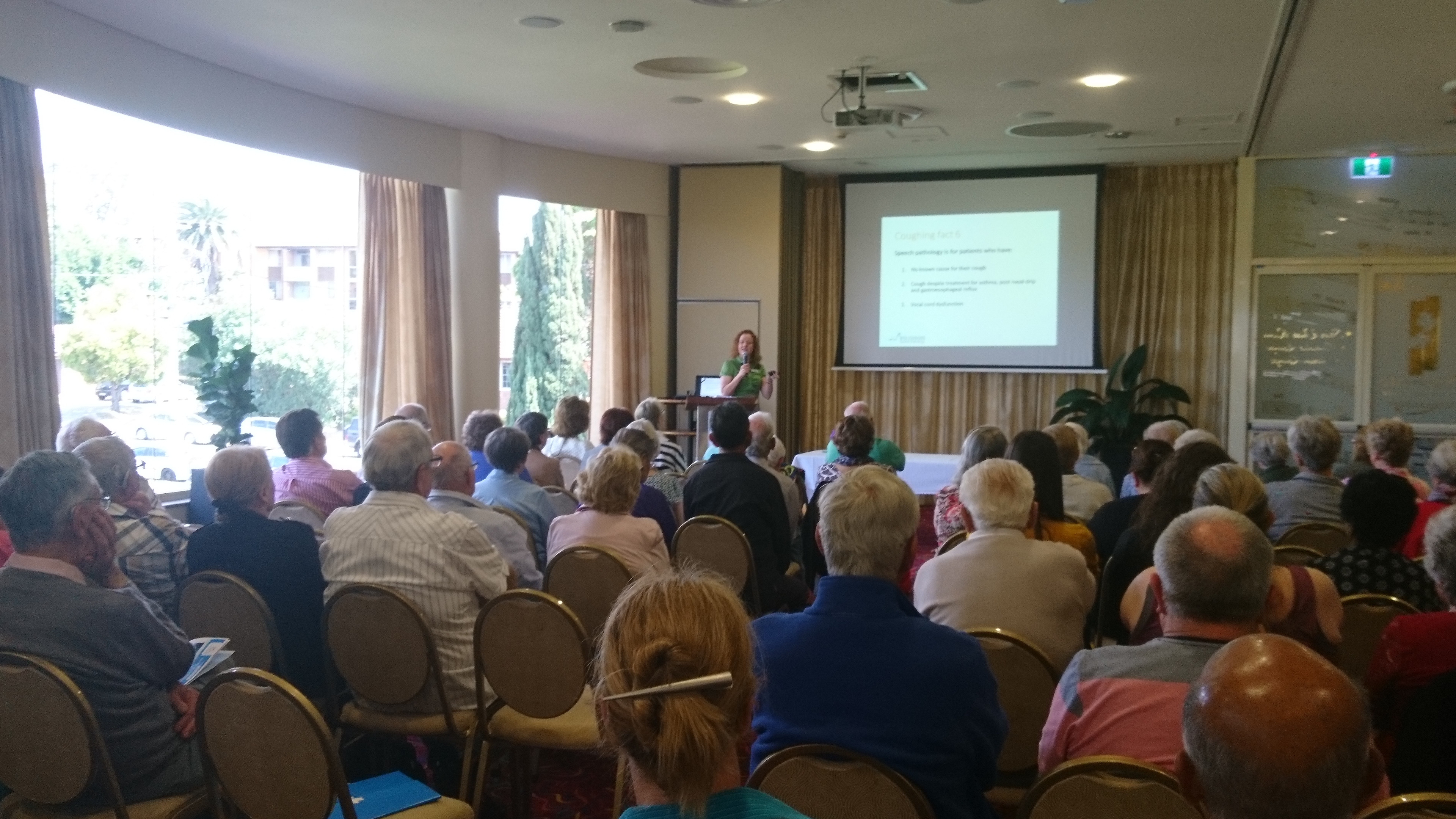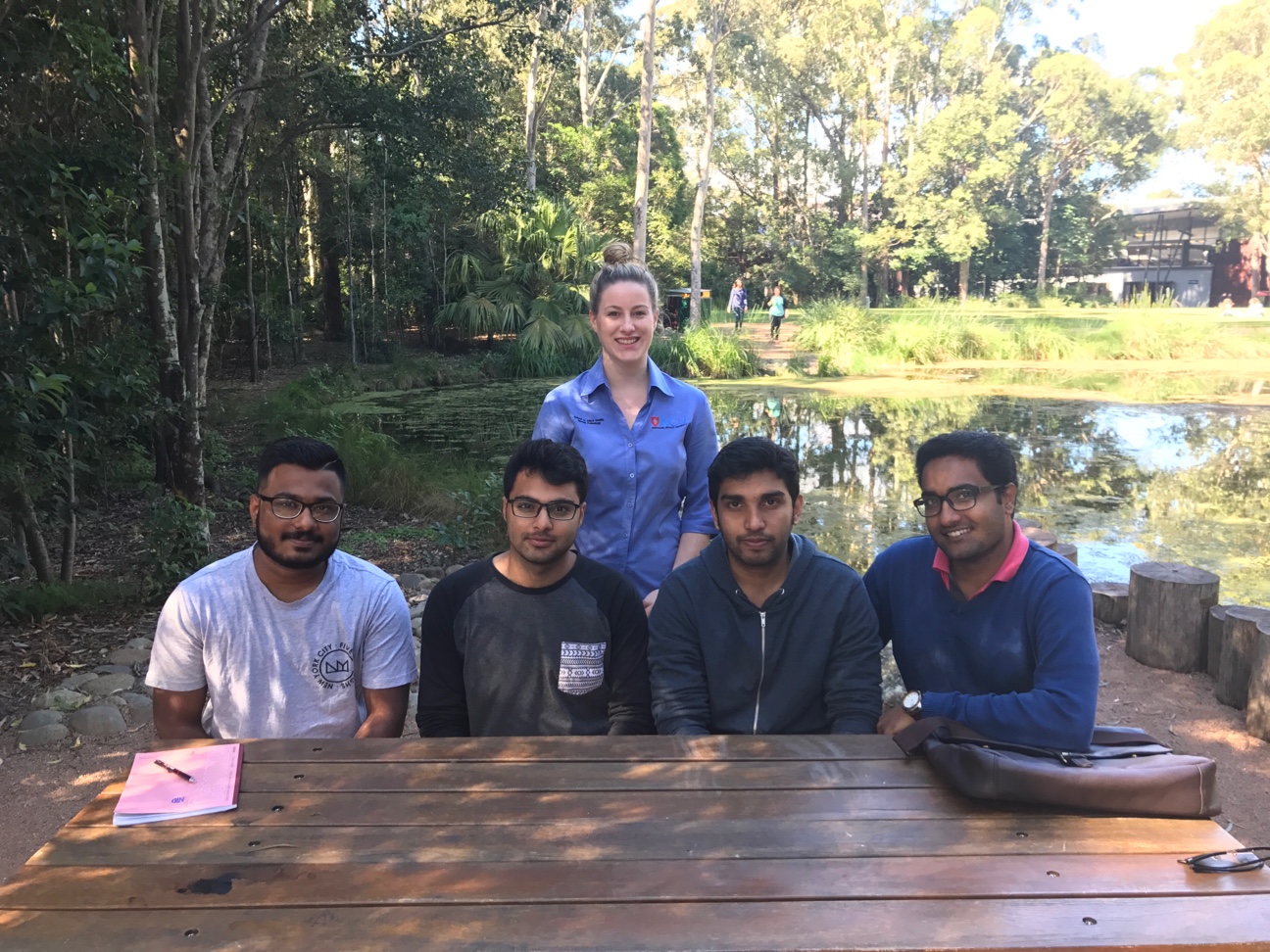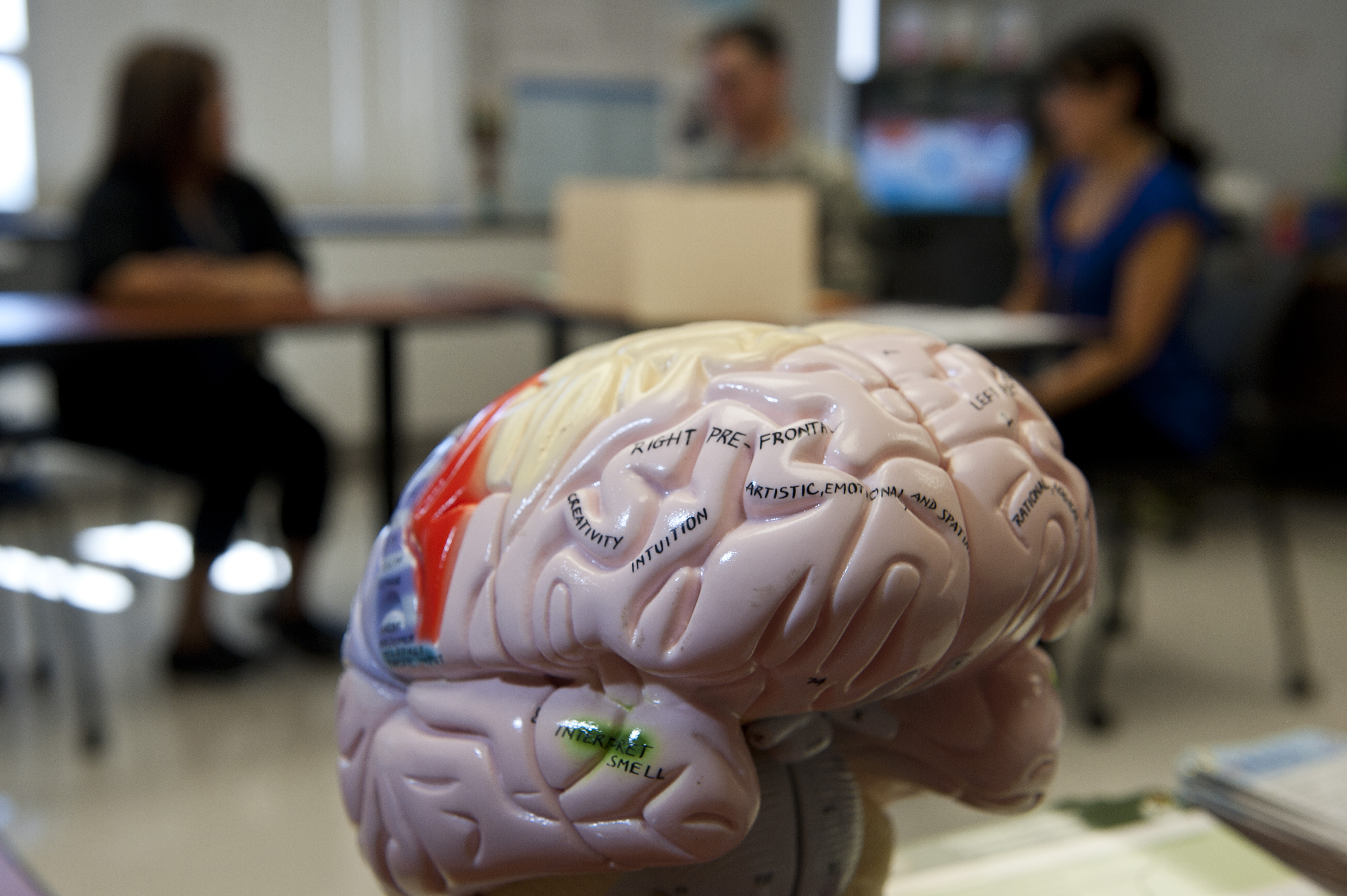Why talking together is better! Here’s the evidence for group therapy for adults
We are big fans of group therapy for adults at Wollongong Speech Pathology. There is good evidence that talking together with peers leads to good communication outcomes. And people LIKE coming to groups to practice their communication goals. It makes sense really. When attending a group, you get focused practice on a communication skill as [...]









